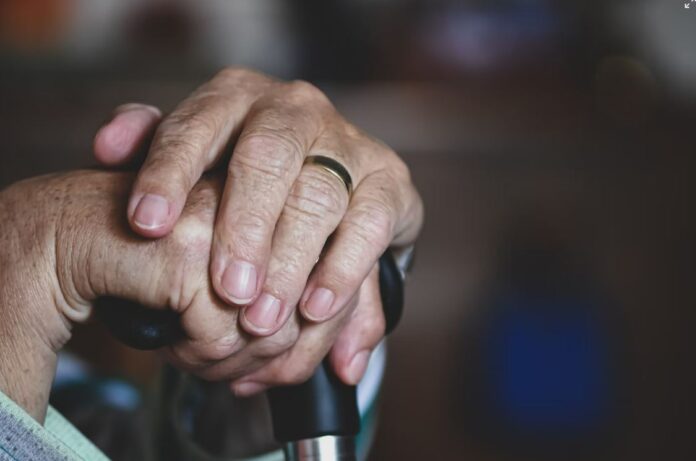If you have an elderly loved one who’s being cared for by a relative, a hired caretaker or nursing home staff, you might be worried that your loved one is suffering abuse when you’re not there to protect them. By learning how to recognize some of the common signs of elder abuse, you’ll be able to investigate the situation further if you suspect that your loved one is being mistreated and take action to stop any abuse.
Bruises, Lacerations or Other Noticeable Injuries
A telltale sign of elder abuse is if you start to notice bruises, cuts, welts or other injuries that likely didn’t occur from falls or other accidents that your loved one suffered on their own. These injuries should definitely be a cause for concern if you notice new injuries occurring regularly. Certain types of bruises, such as bruises that are in the shapes of handprints or fingertips, are commonly seen among child abuse victims, and these bruises may also be seen on your elderly loved one if they’re being abused.
Poor Personal Hygiene
If you notice that your loved one looks dirty and disheveled more often, a caretaker might be neglecting them. Abuse from neglect may also be occurring if you start to smell unusual body odors from your elderly loved one. If their clothes look like they haven’t been washed in a long time, you shouldn’t rule out elder abuse as a possible cause. Your loved one’s dental care might be neglected as well, and you should definitely be suspicious if they start to develop frequent bad breath or develop a lot of cavities within a short period.
Underwear Stains
Underwear stains might be seen if a caretaker isn’t changing your loved one’s undergarments or because of a medical condition, but the stains could also be a sign of sexual abuse. Blood or excrement stains on the sections of the underwear that cover the genital and anal regions sometimes occur when a person is being sexually abused, and you should consider taking your loved one to a doctor for an examination if you suspect that this type of abuse is happening. You can look for suspicious underwear stains after the underwear has been worn and is waiting to be washed. An attorney who works for Stawicki Anderson & Sinclair or another local law firm can also review the details of your loved one’s situation to determine if sexual abuse is likely occurring.
New Emotional and/or Psychological Problems
Abuse victims often experience grave emotional and psychological distress, and you should be concerned if your elderly loved one starts to exhibit abnormal thought or behavioral patterns. Your loved one might seem more depressed, anxious or frightened than normal, and they might not be able to tell you that these thoughts and feelings are arising from abuse if your loved one isn’t able to express themselves because of communication difficulties. Aggressive or combative behaviors can also result from being abused.
Financial Discrepancies
If your loved one seems to be spending more money than usual or is suddenly missing money from their accounts, dishonest caretakers may be stealing from them. Elder abuse should definitely be suspected if your loved one no longer has enough money to pay for food, medications and other essentials without a justifiable cause. You should review your loved one’s bank statements and other account information to see if there are any charges for items or services that they normally don’t use. It’s also important to review bank cash withdrawal details to see how much money is being withdrawn from accounts and how often these withdrawals are occurring.
You can stop elder abuse so that your loved one can live out the rest of their days in peace. If you need help with proving or stopping elder abuse, medical and legal professionals are available to provide assistance.















